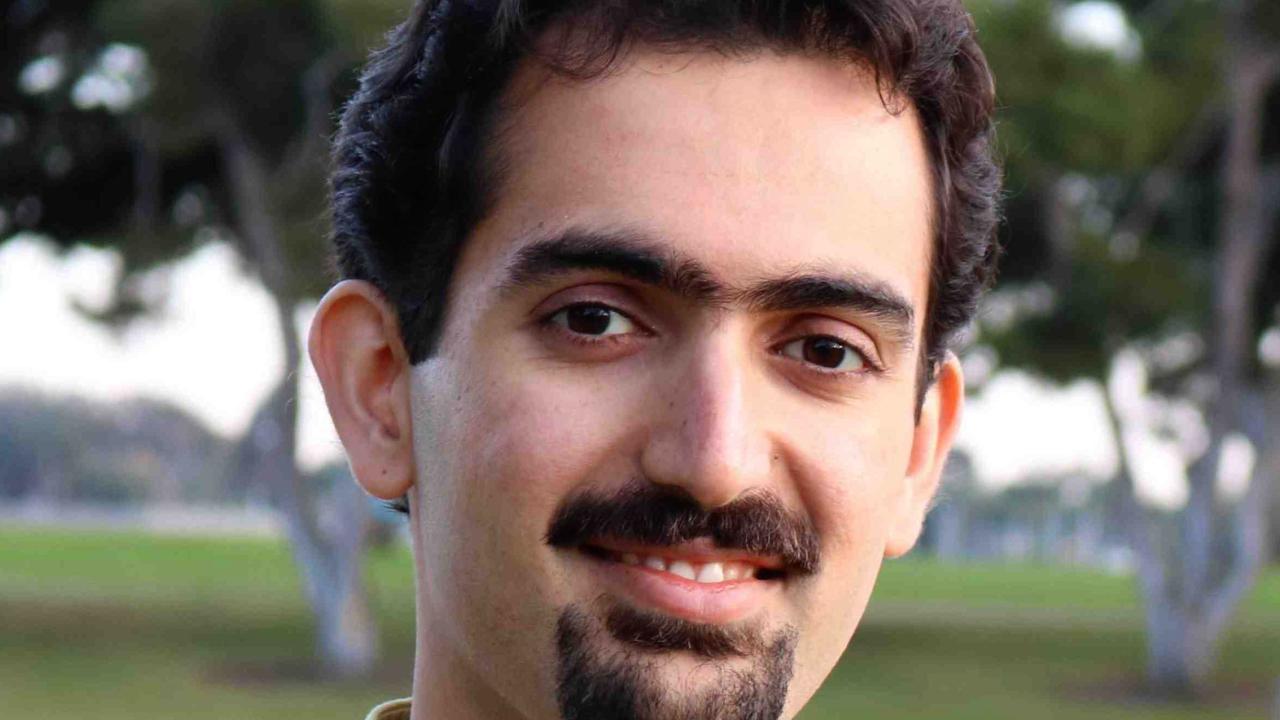
Event Date
ERFAN NOZARI, PHD
Assistant Professor, Department of Mechanical Engineering
UC Riverside
This is an in-person event. A registration link will be added soon.
Host: Zhaodan Kong, PhD, zdkong@ucdavis.edu
Abstract
Over 3 million people in the United States and about 50 million people worldwide have active epilepsy, and about 30% of them are drug-resistant. A common treatment option for the latter group is invasive intracranial EEG (iEEG) monitoring followed by resecting or ablating the seizure onset zone. The highly invasive nature of this procedure has long motivated the development of chronically-implantable closed-loop brain-computer interfaces (BCIs) that aim to predict the likely occurrence of seizures ahead of time and apply intracranial electrical stimulation to suppress the impending seizure. The only existing clinical option, however, suffers from several limitations, including low efficacy and large variability. In this talk I will present an alternative approach for the design of such chronically-implantable closed-loop BCIs based on dynamical systems and control theory. I will present our recent progress on improving the accuracy of advanced seizure forecasting by an average of about 50% (up to 300%) using multi-level predictive modeling of seizure dynamics. Then, I will present our results on near-complete seizure suppression using a novel passivity-based approach to control of epileptic seizures, as well as promsing in-silico results on the full closed-loop system combining the forecasting and control elements. Together, these results form the foundation for effective and predictable close-loop seizure control, a long-term transformative goal pursued in close collaboration with engineers, neuroscientists, and clinicians.
Bio
Erfan Nozari is an Assistant Professor at the University of California, Riverside Department of Mechanical Engineering. He received a B.Sc. degree in Electrical Engineering-Control in 2013 from Isfahan University of Technology, Iran, and a Ph.D. in Mechanical Engineering and Cognitive Science in 2019 from University of California San Diego. He was subsequently a postdoctoral researcher at the University of Pennsylvania Department of Electrical and Systems Engineering. His main research interests lie at the intersection of computational neuroscience, control systems, and epilepsy with particular emphasis on how the neural code transforms across spatiotemporal scales in health and disease. He is a Hellman Fellow and has been the recipient of the NSF CAREER Award, the IEEE Transactions on Control of Network Systems Outstanding Paper Award, and Best Student Paper Awards from the IEEE Conference on Decision and Control and the American Control Conference.
